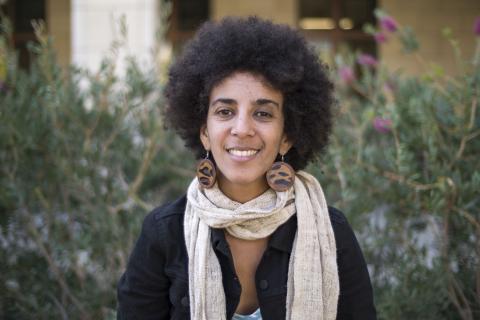
CSSI is co-sponsoring this year's UMass ADVANCE Annual Distinguished Lecture featuring Dr. Timnit Gebru, founder and executive director of the Distributed Artificial Intelligence Research Institute (DAIR) and co-founder of Black in AI.
4:00pm - Welcome
Nefertiti Walker, Vice Chancellor for Equity and Inclusion, Chief Diversity Officer
4:10pm - Presentation of ADVANCE Faculty Peer Mentor Awards
To honor the critically important work faculty perform in mentoring and supporting their colleagues’ professional development and success.
John McCarthy, Provost
4:25pm - Introduction of Speaker
Laura Haas, Dean of Manning College of Information & Computer Sciences
Keynote and Q&A, "The Hierarchy of Knowledge in Machine Learning and its Consequences"
Dr. Timnit Gebru
The ADVANCE Annual Lecture is hosted by UMass ADVANCE in collaboration with the Manning College of Information and Computer Sciences and the Office of Equity and Inclusion and is co-sponsored by the College of Engineering, College of Natural Sciences, College of Social & Behavioral Sciences, Computational Social Science Institute, Institute for Social Science Research, and the Office of Faculty Development.
Timnit Gebru is the founder and executive director of the Distributed Artificial Intelligence Research Institute (DAIR) and co-founder of Black in AI, an organization dedicated to increasing the presence of Black people in the field of artificial intelligence. She was fired by Google in December 2020 for raising issues of discrimination in the workplace. Prior to that she was co-lead of the Ethical AI research team at Google. She received her PhD from Stanford University, and did a postdoc at Microsoft Research, New York City in the Fairness Accountability Transparency and Ethics in AI group (FATE), where she studied algorithmic bias and the ethical implications underlying projects aiming to gain insights from data.
